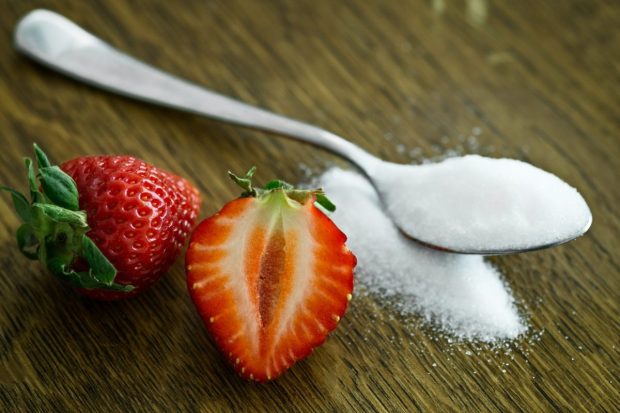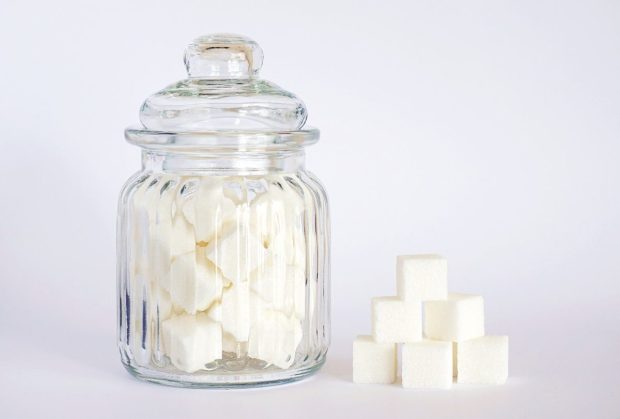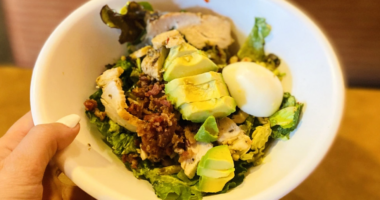Sugar is the type of food that’s often vilified by health enthusiasts, with many believing that it’s one of the main causes of weight gain and other health problems. But what are the real dangers of sugar? In this article, we’ll take a closer look at sugar and its effects on our bodies, and explore ways to reduce our intake of this harmful ingredient.
Sugar in Food

Hidden sugar in our food consumption has become a hot topic lately. Some people are looking for ways to cut back on their sugar consumption, while others are simply trying to understand where all the sugar is hiding. In this article, we will take a look at how much sugar is hidden in our food and what you can do to make smart choices when it comes to your sweet tooth.
How Much Sugar Is Hidden in Our Food?
It’s no secret that sugar is everywhere these days. From cereal to ice cream, there seems to be an endless supply of sweet treats. But how much sugar is actually lurking in our food? According to the Centers for Disease Control and Prevention (CDC), the average American consumes about 26 teaspoons of added sugars each year – which is equivalent to more than nine teaspoons of sugar per day! That’s a lot of extra sweetness, and it can easily add up over time.
So where does all this sugar come from? Well, most of it comes from hidden sources – like added sugars in processed foods and drinks, sugars in fruit juices and syrups, and even natural sugars found in some vegetables and grains. To put it plainly: You’re likely consuming a lot more sugar than you might think.
What Can I Do To Reduce My Sugar Consumption?

– First, be aware of where your sugar is coming from. Try to avoid processed foods and snacks that contain added sugars, and instead focus on healthier options like fruits and vegetables.
– Additionally, be mindful of how much sugar you’re drinking. Avoid sugary drinks altogether, and instead opt for water or tea with added lemon or honey – both of which have negligible amounts of sugar.
– And finally, if you do happen to indulge in sweets occasionally, make sure to balance them out with other healthy foods in your diet. Eating a balanced diet full of nutrients will help to keep your blood sugar stable and reduce the risk of developing obesity or other health problems related to high blood sugar levels.
Health Risks Associated with Sugar Consumption
Hidden sugar in our food consumption is a significant health risk, especially for those with diabetes and obesity. Sugar has been linked to many health problems, including obesity, type II diabetes, heart disease, and cancer. Sugar is present in many processed foods and restaurant meals. Even if you’re not counting sugar grams on your food labels, it’s important to be aware of how much sugar is hidden in your diet.
If you’re trying to lower your sugar consumption or completely cut it out of your diet, be sure to check the nutrition facts label on all packaged foods to see how much sugar is in each product. You can also try the following tips to reduce your intake of sugar and get a healthy reset:
– Eat more fruits and vegetables instead of processed foods and sugary snacks.
– Cut back on added sugars in your diet by avoiding drinks sweetened with high fructose corn syrup (HFCS), which is most commonly found in soda, sports drinks, energy drinks and some vitamin waters.
– Try reducing the amount of sweetener you use in recipes. For example, you can use honey, maple syrup or agave nectar instead of sugar.
The Role of Sugars in the Diet

Sugars are a major part of our diet, and they can be found in many different foods. In fact, sugar is hidden in many foods that we might not think of as being high in sugar. Here are four examples of foods with a lot of sugar: cereal, yogurt, candy bars, and energy drinks. In total, these items contain about 25 grams of sugar per serving. This is more than most people would typically eat in a day.
The role of sugars in the diet has been a topic of debate for a long time. Some people argue that sugars are necessary for the body to function properly. Others believe that too much sugar can have negative effects on the body, including obesity and diabetes. It’s important to be aware of the amount of sugar in the foods that you consume and to make sure that it’s appropriate for your own health and lifestyle.
The Truth About Artificial Sweeteners
Artificial sweeteners are commonly used in processed foods, but are they really as safe as we think? There is a lot of controversy surrounding artificial sweeteners and their long-term health effects. Here’s a look at the truth about artificial sweeteners.
Are Artificial Sweeteners Safe?

There is a lot of controversy surrounding artificial sweeteners and their long-term health effects. Some studies have shown that artificial sweeteners may be linked with weight gain, while others suggest that they may be linked with cardiovascular disease and other health problems. However, the majority of scientific evidence suggests that artificial sweeteners are safe to use in moderation.
Are Artificial Sweeteners Really a Health Risk?
There is a small number of studies which suggest that artificial sweeteners may be linked with weight gain and other health problems. However, the majority of scientific evidence suggests that artificial sweeteners are safe to use in moderation. There is no evidence to suggest that artificial sweeteners are harmful when consumed in moderation.
How to Cut Back on Sugars in Your Diet?

There are many ways to cut back on sugars in your diet without feeling deprived. Here are five ideas to get started:
- Stick to unprocessed foods. Eating whole, unprocessed foods will help to keep your blood sugar levels stable and minimize the amount of added sugars you consume. This includes fruits, vegetables, grains, and legumes.
- Avoid sugary drinks. Sugary drinks can contain high amounts of added sugars and calories, which can easily add up over the course of a day. Instead, opt for water or unsweetened tea or coffee.
- Give yourself a break from sugar-sweetened snacks. If you’re looking for a snack that contains lower amounts of sugar, try opting for something like nuts or seeds instead of sweets. These options are also healthy and satisfying!
- Use sugar sparingly in recipes. When cooking at home, try to use alternatives like honey, maple syrup, or agave nectar instead of refined sugars. You can also make small adjustments to standard recipes to limit the amount of added sugar they contain.



